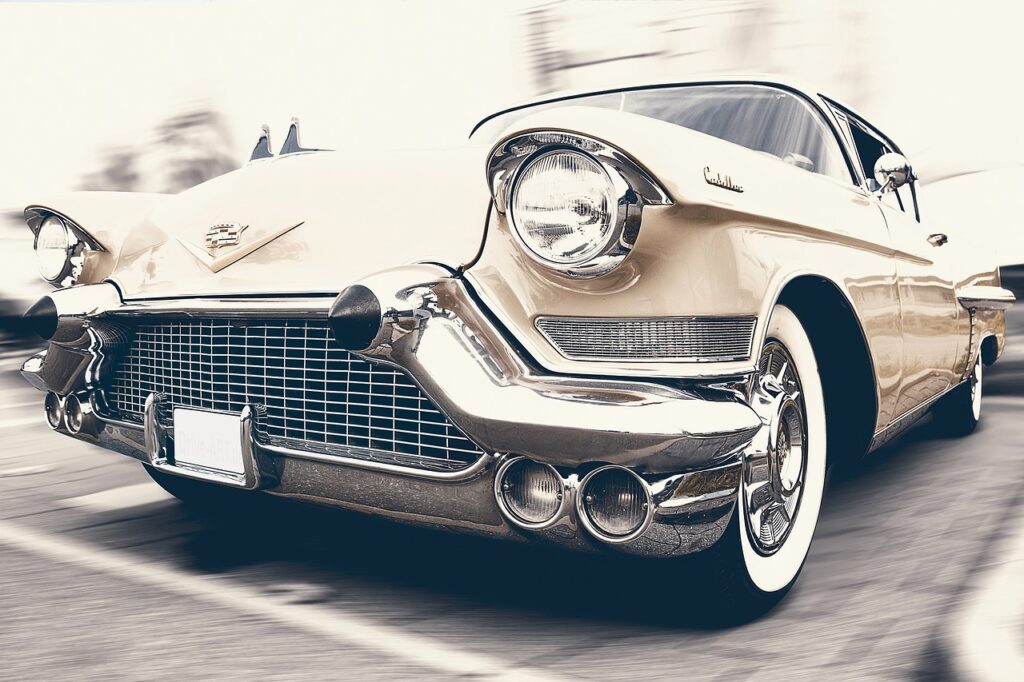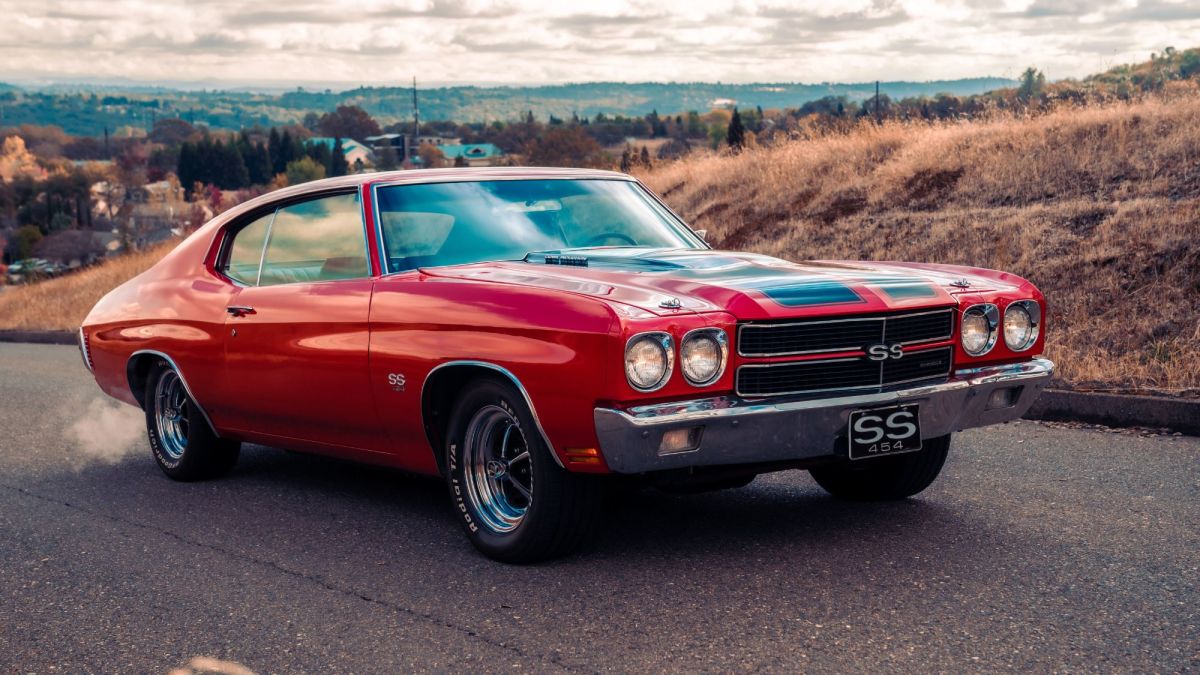The majority of classic car enthusiasts are resisting the shift towards electric conversions, despite growing calls for more eco-friendly options in motoring.
Recent studies reveal that 82 percent of classic car owners are unwilling to electrify their historic vehicles, with many citing a strong desire to preserve automotive heritage.
Around 65 percent of owners feel that stricter electric vehicle regulations pose a threat to the long-term future of classic car ownership.
A survey of over 800 classic car owners found that most believe converting their vehicles would “significantly compromise” both the historical authenticity and the distinctive charm of their cars.
A photo of a classic car next to an electric charging station reflects classic car owners’ reluctance to convert their vehicles to electric power.
Drivers have further expressed that converting their vehicles to electric would alter the “essence” of the car, as well as its original design and engineering.
Many car enthusiasts say they are reluctant to lose the unique driving experience that classic cars offer, often characterized by their petrol or diesel engines.
Ron Turner, a long-time classic car owner from Aberdeenshire, shared that he has owned several classic cars over the past four decades. For him, the character of these vehicles is strongly tied to their original engines.
He stated, “The individual character of all these cars is to a considerable extent based upon their power plants.”
Turner added, “The electric motor on my Dyson vacuum does a reasonably good job which I’m fine with, but let’s leave classic cars as they are for future generations to marvel at, a time when cars had real character.”
Similarly, Richard Perry, another classic car enthusiast, agreed with Turner’s perspective, noting that converting a vintage vehicle to electric “destroys the sound, feel, driving experience, and even the smell of a classic.”
The 64-year-old from Kent, who owns three classic cars, voiced concerns about the loss of authenticity.

He emphasized that after spending a significant amount on such a conversion, the vehicle would no longer be classed as a true classic.
David Tunstall, a classic car enthusiast, expressed that the choice to switch to electric should rest with the owner, not with the government.
He remarked, “The whole point of classic cars is that they were designed for the years they were manufactured. Converting to electric destroys the essence of that era and what classic cars – and history – are all about.”
Tunstall further warned that any governmental attempt to limit classic cars’ presence could not only upset thousands of owners but also clash with the millions who appreciate them.
While many classic car owners are reluctant to go electric, there’s a growing trend among others who are interested in modernizing their cars’ powertrains.
Data from the Historic and Classic Vehicles Alliance (HCVA) indicates a rising number of owners are opting for electric conversions to make their cars more compatible with city driving.
The DVLA is set to implement a significant update for medical driving license decisions, potentially impacting numerous drivers.
A substantial car tax update is described as “exactly the right move,” though it will cost petrol and diesel drivers £5,490.
Car insurance pricing disparities have left Ferrari and Aston Martin owners paying less than Skoda owners.
Businesses across the UK now provide customized electric vehicle (EV) conversions for classic cars, allowing owners to use their vehicles more frequently, reduce running costs, and drive more sustainably.
Ahead of the General Election, the Department for Transport, then-Transport Secretary Mark Harper, and classic car groups collaborated on a public consultation to secure the future of the classic car industry.
During a conversation with GB News at the time, Harper stated, “If people want to retrofit their classic cars, which a lot of people do, we want to make sure they can do that more easily, more consistently and the rules make sense.”
He continued, “That is one of the things that we want people to tell us, and the companies here that are involved in that business are absolutely going to tell us what to think.”

